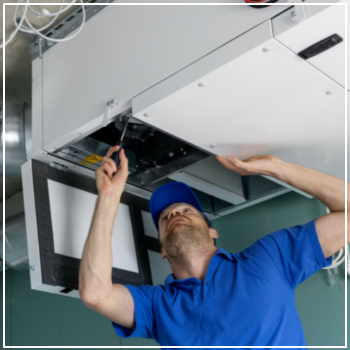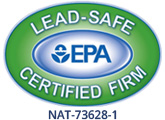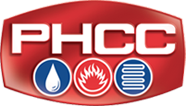Fire Hazards Related to HVAC Units
 Homeowners and building managers count on HVAC systems to help circulate air and control indoor temperature. They create a comfortable environment, keeping you warm in the winter and cool in the summer.
Homeowners and building managers count on HVAC systems to help circulate air and control indoor temperature. They create a comfortable environment, keeping you warm in the winter and cool in the summer.
This can improve productivity, especially in commercial spaces. Yet due to the numerous components involved, a number of fire hazards are associated with HVAC systems.
Air Conditioner
In the spring and summer, air conditioners keep interior spaces cool. Multiple factors can place strain on your unit, increasing the risk it will overheat and catch fire, including:
- Negligent maintenance and rising outdoor temperatures. An older battery, poorly performing thermostat or dirty filter may be the cause.
- Older electrical components that cannot handle a modern air conditioning unit.
- Opening the windows while simultaneously using a window unit.
- Using an extension cord to plug in a window unit or keeping clutter and debris around the cord.
Considering these factors, your air conditioner should be serviced at least once a year to reduce potential fire hazards. Also get in the habit of checking the filter at least once a month for cleaning or replacement.
Fuel Lines and Gas Leaks
Many HVAC systems use fuel as a heat source. Oil and gas are known to be flammable, which is why they are used to warm air passing through the system but are kept in a controlled area.
Leaks not only interrupt this process but could contribute to a fire if the fuel comes in direct contact with the system’s components. When dealing with gas, a leak can affect the air quality of your home or business. This not only can lead to a fire but may also result in carbon monoxide poisoning or an explosion.
If you smell rotten eggs, you may be dealing with a gas leak. You’re advised to leave the property, stay away from electrical components that could spark and call for emergency assistance.
Electrical Issues
No matter the delivery method or fuel source, all HVAC systems involve electrical components to heat air or keep an area cool. However, parts may become loose with time, wiring may fray or corrosion occurs. These instances not only affect connections and performance but can pose a fire hazard. A burning smell or sight of smoke when you turn on the HVAC system is an early warning sign.
Furnace Conditions
In addition to fuel source, the conditions around your furnace and delayed maintenance pose another issue. Whether your furnace is located in a basement or closet, avoid piling or stacking items around it. This can include cleaning products, anything fabric-based like clothing or rugs, paper and boxes. If you have limited space, give the furnace some room and store combustible items in another area.
Motor Maintenance
The air conditioner and furnace are not the only components that need routine checks and maintenance. The HVAC system’s motor experiences similar issues and also has potential to catch fire.
After years of use, dirt and other debris may accumulate inside the motor, causing the part to overheat. Poor lubrication also creates friction, placing more wear on the motor and increasing risk. As the motor is not an isolated part, wiring issues may affect the voltage being delivered to the motor, additionally increasing this risk.
To avoid fire hazards associated with HVAC systems, schedule annual inspections. During these appointments, our technicians will examine the electrical components, recommend repairs and make suggestions to improve performance. For residential or commercial issues, contact MJ Fahy & Sons today.




